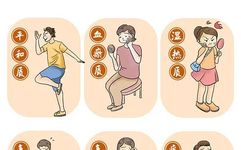
Click the blue text to follow us
Constitution refers to the relatively stable characteristics exhibited in the morphology, physiological functions, and psychological states of individuals, based on both congenital inheritance and acquired factors throughout life.
According to the “Classification and Judgment of TCM Constitution” standard released by the Chinese Association of Traditional Chinese Medicine on March 26, 2009, and implemented on April 9, 2009.
Based on the characteristics of different constitutions in terms of morphology, physiological functions, and psychological activities.
The TCM constitution is divided into:
Balanced Constitution, Qi Deficiency Constitution, Yang Deficiency Constitution,
Yin Deficiency Constitution, Phlegm-Damp Constitution, Damp-Heat Constitution,
Blood Stasis Constitution, Qi Stagnation Constitution, Special Constitution
These are the nine basic types.
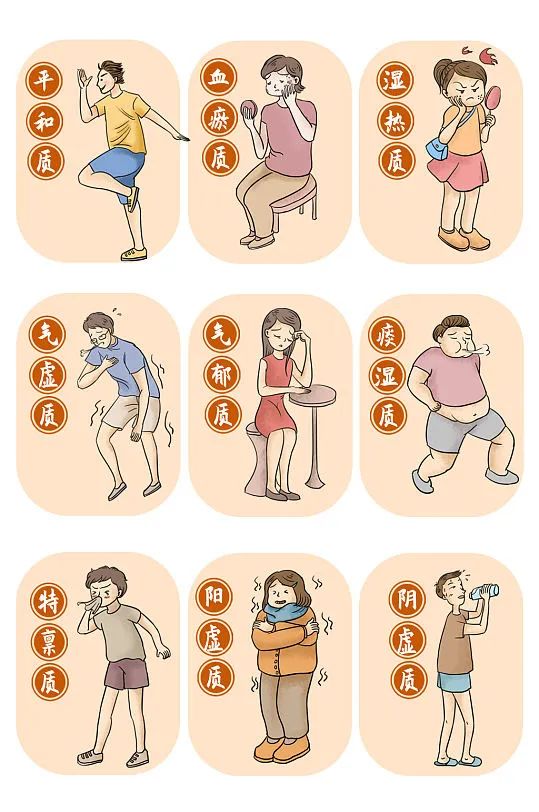

Blood Stasis Constitution

Representative Figure: Zhang Fei
【Characteristics】: Skin appears dark and bluish, with pain, dryness, and itching;Acne and lips often appear dark purple;Forgetfulness and decreased memory;Depressed expression, dullness;Complexion tends to be dull, especially noticeable in cold weather;Prone to dark circles under the eyes.【Prone Diseases】Prone to hypertension, stroke, coronary heart disease;Migraine, intercostal neuralgia, fixed stabbing pain;Depression, tumors.1. What is Blood Stasis Constitution?Blood Stasis Constitution refers to a systemic condition where blood circulation is not smooth, leading to a slight stagnation, but not to the extent of disease. “Pain indicates obstruction, and unobstructed means no pain,” thus individuals with Blood Stasis Constitution are prone to various diseases primarily manifested by pain and tumors.2. Blood Stasis Constitution is likely to lead to these diseases:1. Prone to hypertension, stroke, coronary heart disease, gout, diabetes.2. Migraine, intercostal neuralgia, often presenting as localized fixed stabbing pain.3. Depression, individuals with blood stasis often accompany liver stagnation, leading to emotional repression.4. Tumors are a result of stagnation of Qi, blood, and body fluids. This is one of the most typical and severe conditions of Blood Stasis Constitution.3. How does modern Blood Stasis Constitution form?1. Congenital constitution with this tendency, inherited from parents.2. Long-term depression, unexpressed emotions harm the liver, leading to prolonged liver stagnation, which easily causes blood stasis.3. Long-term consumption of medications or foods containing heavy metals and other harmful substances. Both drugs and toxins are metabolized by the liver; if the liver is damaged, it is easy to develop Blood Stasis Constitution.4. Internal injuries that do not receive thorough recovery can lead to unresolved blood stasis, forming Blood Stasis Constitution.5. Individuals living in cold environments are more likely to develop Blood Stasis Constitution than others.4. Daily exercise and adjustment suggestions for individuals with Blood Stasis Constitution:【Suitable Methods】Individuals with Blood Stasis Constitution need to exercise, as their blood circulation is poor; thus, exercise is essential to promote smooth circulation. However, those with blood stasis often have deficiencies, especially with Yang and Qi deficiency being common, so the intensity and amount of exercise should not be excessive. Aerobic exercises are more suitable, common activities include: walking, jogging, slow hiking, ice skating, swimming, cycling, fitness dance, rhythmic gymnastics, etc. Traditional exercises such as Yi Jin Jing, Wu Qin Xi, Dao Yin, Tai Chi, Tai Chi Sword, Ba Duan Jin, etc., are often a combination of hardness and softness, essentially also belong to aerobic exercise, which helps blood circulation and strengthens the body.【Precautions】Since the heart governs blood vessels, individuals with Blood Stasis Constitution often affect the cardiovascular system’s function. Therefore, it is emphasized that while exercise is necessary, high-intensity and high-volume exercises should be avoided. It should be frequent, consistent, and progressive aerobic exercise, and most importantly, it should be done according to one’s capacity. Individuals with Blood Stasis Constitution should pay special attention to their feelings during exercise; if any of the following occurs, they should stop exercising and seek further examination at the hospital: chest tightness or angina, difficulty breathing, palpitations, significantly increased pulse, cold sweat, dizziness, extreme fatigue, weakness while walking.Choose exercises that suit you and that you enjoy.5. Daily living and dietary adjustment suggestions for individuals with Blood Stasis Constitution:【Dietary Health】Principle: Regulate Qi, invigorate blood, and resolve stasis.Diet can include foods that invigorate blood and resolve stasis, such as brown sugar, loofah, rose, Chinese rose, wine, peach kernel, etc. Wine can be consumed in moderation, vinegar can be eaten more, and it is advisable to drink hawthorn porridge and peanut porridge.Avoid foods that cause bloating and are sour and astringent, such as sweet potatoes, taro, fava beans, chestnuts, black plums, bitter melon, persimmons, plums, etc.

Yin Deficiency Constitution

Representative Figure: Sun Wukong
【Characteristics】:Complexion is flushed, with chloasma and butterfly spots;Skin often feels hot;Five hearts are hot;Dry mouth and throat, fondness for cold drinks;Bad breath, oral ulcers, bleeding gums;Dry eyes with many red blood vessels;Frequent dizziness and tinnitus;Restlessness;Poor sleep.【Prone Diseases】Hyperthyroidism;Tuberculosis;Tumors;High blood lipids, hypertension, diabetes;Yin deficiency insomnia.
1. What is Yin Deficiency Constitution?
Yin deficiency refers to the deficiency of essence, blood, and body fluids, leading to a series of discomforts due to lack of nourishment and moisture, simply summarized as: dryness, lack of water, internal heat, and fear of heat.
2. Yin Deficiency Constitution is likely to lead to these diseases:
1. Hyperthyroidism: A condition of Yin deficiency with excessive internal heat, individuals are emotionally excitable, easily agitated, and have poor sleep.
2. Tuberculosis: Including pulmonary tuberculosis, intestinal tuberculosis, bone tuberculosis, lymphatic tuberculosis, etc.
3. Tumors. If individuals with Yin deficiency constitution have long-term emotional repression combined with a tendency for blood stasis, they are prone to tumors. Therefore, any unexplained lumps, hard masses, or unexplained fever, blood in stool, blood in urine, weight loss, pain, etc., should be taken seriously, and timely examination and diagnosis are necessary.
4. High blood lipids, hypertension, diabetes. To a certain extent, regardless of body type, blood viscosity and blood lipids can still be high.
5. Yin deficiency insomnia: Often caused by insufficient liver blood. Main manifestations include irritability, night sweats, dry mouth, thirst, palpitations, etc.
3. How does modern Yin Deficiency Constitution form?
1. Congenital constitution with this tendency, inherited from parents.
2. Long-term consumption of spicy and hot foods.
3. Long-term emotional repression. Inability to express emotions normally can lead to stagnation and internal heat, which consumes Yin essence.
4. Frequent late nights and insufficient sleep.
5. High stress and mental repression, leading to endocrine disorders.
6. Excessive use of diuretics or heat-clearing and dampness-resolving formulas.
4. Daily exercise and adjustment suggestions for individuals with Yin Deficiency Constitution:
【Suitable Methods】
Individuals with Yin deficiency should prefer gentle nurturing, sitting quietly or lying down can relieve nervous tension and adjust endocrine functions.
It is advisable to engage in exercises that combine movement and stillness, such as practicing Tai Chi or Ba Duan Jin. Moderate-intensity physical activities such as ball games, running, swimming, and hiking are also suitable. Swimming is particularly beneficial as it can moisturize the skin and reduce dryness.
【Precautions】
Yin deficiency constitution is characterized by a deficiency of body fluids, essence, and blood, so during exercise, individuals may experience dry mouth and reduced urination; thus, it is important to control sweating and replenish fluids in a timely manner.
Choose exercises that suit you and that you enjoy.
5. Daily living and dietary adjustment suggestions for individuals with Yin Deficiency Constitution:
【Dietary Health】
Foods that nourish Yin and provide moisture, such as glutinous rice, lean pork, pig trotters, duck meat, eggs, tofu, goji berries, yam, lotus root, watermelon, pomegranate, grapes, water chestnuts, pears, apples, sugarcane, bird’s nest, lily, white fungus, black sesame, honey, etc.
Avoid fried, spicy, or excessively warm and dry foods.
Avoid or limit high-calorie foods such as chocolate; quit smoking and drinking.
【Living and Mental Health】
Ensure adequate sleep and calm the mind. Maintain a regular sleep schedule, avoid staying up late, with a bedtime before 11 PM as a baseline. Staying up late consumes Yin blood, naturally leading to Yin deficiency and excessive internal heat.
Pay attention to your emotions, constantly remind yourself to stay calm. Reduce complaints and anger.
Listen to soothing and calming music.
END

For more exciting content, long press the QR code to follow Jingbian County Traditional Chinese Medicine Hospital




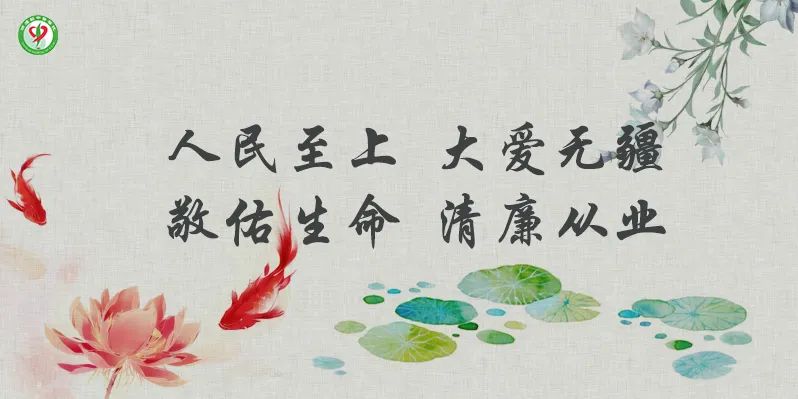
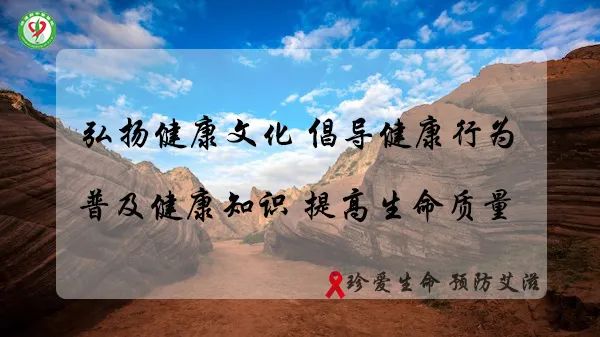
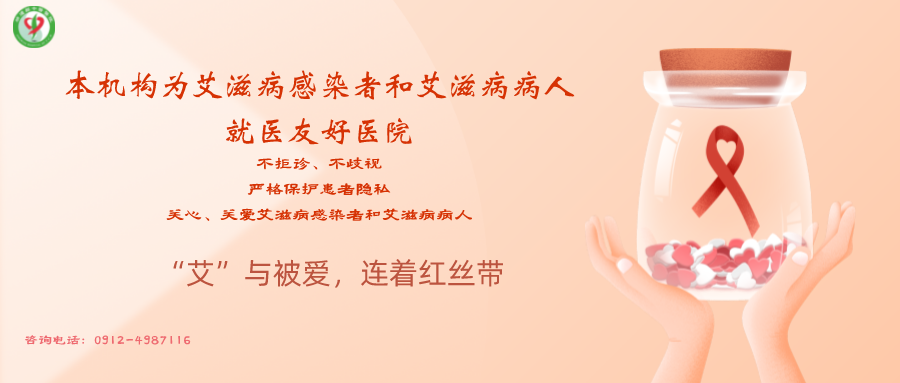
Correcting oneself can correct others
Submitted by: Preventive Medicine Department
Edited by: Du Qingqing
Responsible Editor: Wang Bo
Reviewed by: Bai Chunxia
Source: Jingbian County Traditional Chinese Medicine Hospital

